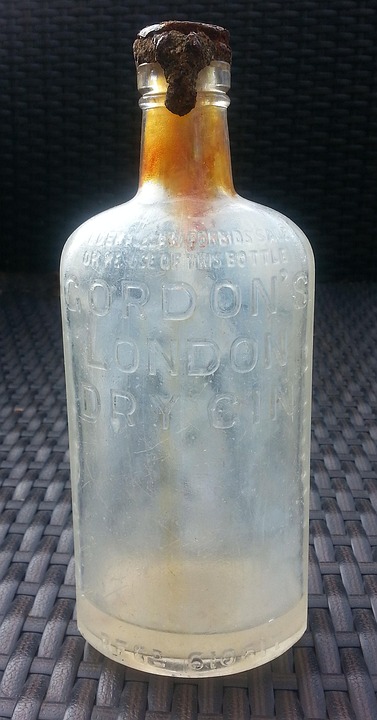London Dry Gin: Understanding Legal Definitions and Standards
Introduction
London Dry Gin is a popular type of gin that is known for its dry and crisp flavor profile. In order to be classified as a true London Dry Gin, there are specific legal definitions and standards that must be met. Understanding these regulations is essential for both consumers and producers in the gin industry.
What Makes a True London Dry Gin?
Legal Definitions
In the European Union, London Dry Gin is defined by the European Union Spirit Drinks Regulation as a gin that is made through redistillation of ethyl alcohol of agricultural origin with natural botanicals, with a minimum alcoholic strength of 37.5%. It must not contain added sweetening agents and must only contain a small amount of sweetener to balance the flavors.
Standards
The production of London Dry Gin also has specific standards that must be followed. These include using a traditional pot still distillation process and only adding water after distillation. The use of artificial ingredients or flavors is strictly prohibited in order to maintain the purity and authenticity of the gin.
Industry Insights
Market Trends
The gin market has been experiencing significant growth in recent years, with London Dry Gin being a popular choice among consumers. According to market research firm IWSR, global gin consumption has been steadily increasing, with the United Kingdom being one of the largest markets for gin.
Financial Data
Leading gin brands such as Beefeater, Tanqueray, and Gordon’s dominate the London Dry Gin market, with each brand offering their own unique take on the classic spirit. In 2020, the global gin market was valued at approximately $12 billion, with London Dry Gin accounting for a significant portion of sales.
Quality Control
Regulatory Oversight
In order to ensure that London Dry Gin meets the required standards, regulatory bodies such as the Alcohol and Tobacco Tax and Trade Bureau (TTB) in the United States and the Food Standards Agency in the United Kingdom oversee the production and labeling of gin products. These agencies conduct regular inspections and audits to verify compliance with regulations.
Brand Reputation
Establishing a reputation for producing high-quality London Dry Gin is essential for gin brands to succeed in the competitive market. Consumers are increasingly seeking out premium spirits with authentic flavors and craftsmanship, making it crucial for brands to uphold the standards of London Dry Gin production.
Conclusion
In conclusion, understanding the legal definitions and standards that define London Dry Gin is crucial for both producers and consumers in the gin industry. By adhering to these regulations, gin brands can ensure the authenticity and quality of their products, ultimately contributing to the continued growth and success of the London Dry Gin market.




